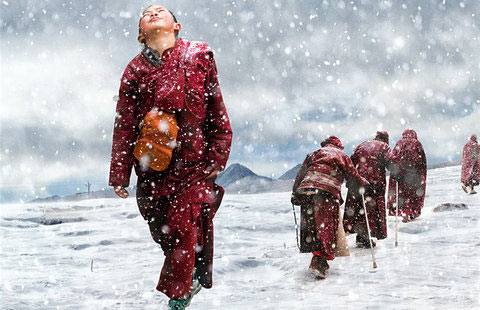Unconventional spirituality
By Liu Wei ( China Daily ) Updated: 2012-08-28 10:17:46"In the past, Living Buddhas explained sutras in monasteries, but today some of them use modern technology to spread Buddhism to a wider group. I don't see anything wrong with it," he says.
Related: Place names abound as Su Shi's legacy
Being a Rinpoche, Dorje has the opportunities to receive a good education. In Tibet, there are about 2,000 "Living Buddhas", mostly accomplished in Buddhism, arts, music or medicine.
Dorje learned music and arts from senior lamas. He now teaches English and arts in the Tibet Buddhism University in Lhasa.
His English language used to be terrible. Then, nine years ago, an incident prompted him to improve it. He was an interpreter then. But he failed to do a good job during a meeting between his mentor and a professor from the University of Virginia, and needed the help of a student of the professor.
He was so embarrassed that he decided to work hard to improve his language skill. He learned from established lamas, listened to radio programs and practiced every day by speaking with friends in English.
"I wanted to say more than 'hello' and 'welcome to Tibet' when talking to international friends, and discuss Tibetan culture in a way they understand," he says.
Dorje has since taken charge of the English introduction of the Buddha statues in Drigung Til Monastery in Lhasa, and finished translating a Tibetan book about sky burial.
Senior Tibetan music producer Ermao has worked with Dorje on a 10-minute TV documentary on Buddhist music. The two are planning to release a CD of gurlu or mgur, a kind of lyrical poetry of Tibetan Buddhism.
Related: Walls without boundaries
Ermao says he would be happy to see Dorje spend more time in monasteries, either contemplating or studying sutras, but would not judge his current lifestyle.
"In Tibet, there are various types of Living Buddhas," he says. "Some of them choose to live only in monasteries, while others prefer living with the community. But, as long as they are not addicted to certain hobbies and entertainment, I think it is OK for them to learn how ordinary people live and work."
Ermao says some girls have expressed their admiration for Dorje, but the latter has rejected them politely, saying: "I cannot be yours because I belong to Sakyamuni (founder of Buddhism)."
Ermao says Dorje has told him that he won't resume secular life. "He told me that his identity now is the most honorable and the best way of life for him."

Dorje is now on a mission - he is trying to raise enough money to renovate Yangri Gar Monastery, where he studied and grew up.
Yangri Gar is not a big monastery in Lhasa, which boasts of many famous religious sites such as Jokhang and Ramoche monasteries. It was built 500 years ago and its assembly hall needs a facelift. Local government has offered a subsidy of about 1 million yuan ($147,000), but it is still not enough.
"Rinpoches are born with missions," he says. "My mission at this moment is to repair the monastery. All the obstacles in the process are part of my practice of Buddhism."
Contact the writer at liuw@chinadaily.com.cn.
|
|
|
|
|
|
|
|

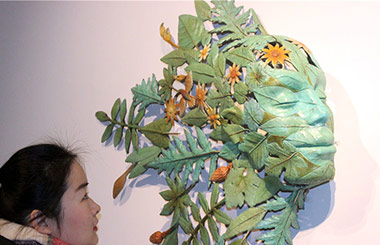


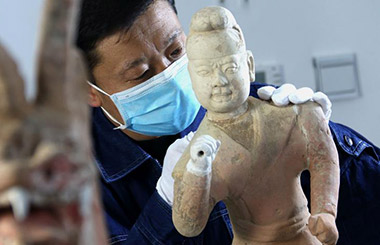











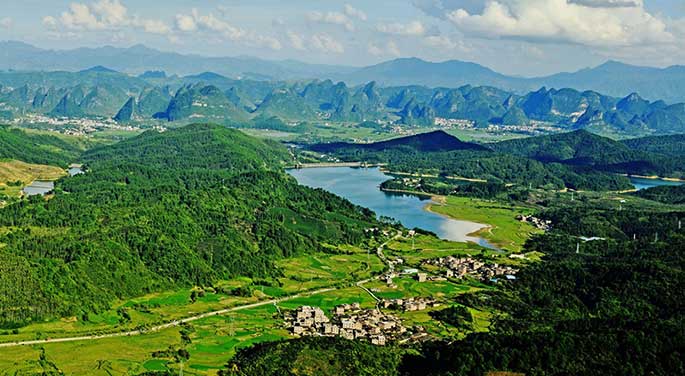
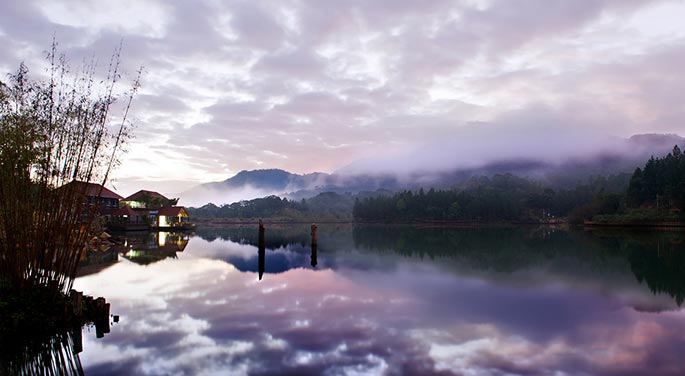
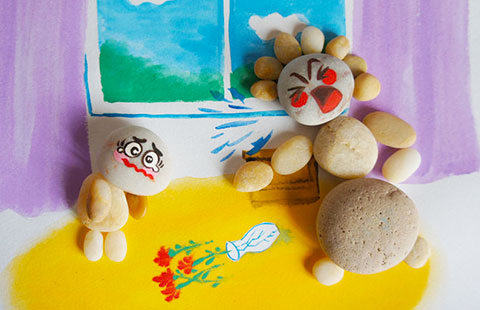




 Raymond Zhou:
Raymond Zhou: Pauline D Loh:
Pauline D Loh: Hot Pot
Hot Pot Eco China
Eco China China Dream
China Dream China Face
China Face


